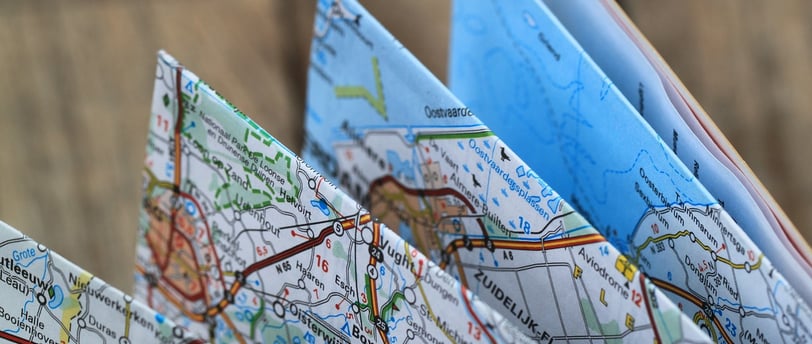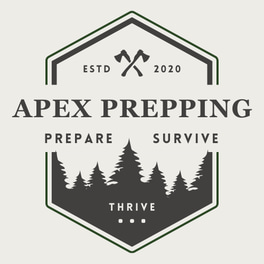Life without GPS
Practice Navigation


Including local maps in your emergency kit is a wise decision. Here are some tips to make the most of your maps in case of emergencies:
Choose Detailed Maps: Ensure your maps are detailed and up-to-date. They should cover not only the immediate area but also the surrounding regions you might need to navigate.
Waterproof Your Maps: Use waterproof covers or laminating sheets to protect your maps from moisture and rain. This will help them stay in good condition even in wet conditions.
Learn Basic Navigation Skills: Familiarize yourself with basic map reading and navigation skills. Understand how to read coordinates, identify landmarks, and use a compass if necessary.
Mark Important Locations: Before an emergency occurs, mark important locations on your map. This could include your home, evacuation routes, emergency shelters, and key resources like hospitals, gas stations, and supply stores.
Practice Navigation: Regularly practice using your maps to navigate in your local area. This will help you become more proficient in map reading and reduce the chances of getting lost during an emergency.
Include a Compass: While paper maps are invaluable, a compass can be an excellent addition to your kit. It can help you maintain your sense of direction even if you're in an unfamiliar area.
Teach Others: Make sure that others in your household or group also know how to read the maps and understand the planned routes. This redundancy can be crucial in case something happens to you.
Stay Informed: Keep updated with local news and emergency broadcasts. Sometimes, authorities may provide critical information that can help you adjust your plans or routes.
Periodic Updates: Maps can become outdated, so periodically check and replace them as needed to ensure accuracy.
Plan Escape Routes: Develop and communicate emergency escape plans with your family or group. Make sure everyone knows where to meet and how to use the maps if you get separated.
Remember that while paper maps are reliable, they are most effective when used in conjunction with other tools like a compass, a GPS device (when available), and up-to-date local knowledge. Being well-prepared and having the skills to use your maps can be a lifesaver in emergency situations.
